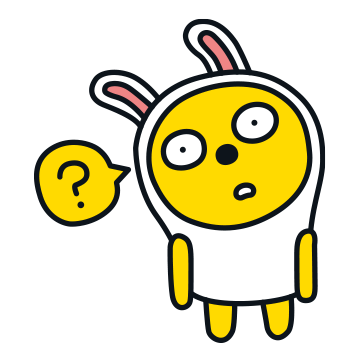
Love K-dramas but still can't follow the dialogue?
This post is for English speakers who want to learn real-life Korean expressions through fun, emotional, and binge-worthy dramas!
We've selected expressions that are easy to pick up, commonly used, and fun to repeat. Let’s dive in!

1. "Daebak!" 대박! – The Ultimate Korean Reaction
Used when something is amazing or surprising. You’ll hear this a lot in idol scenes or after big plot twists. Try saying: “와, 대박!” (Wow, awesome!)

2. "Jinjja?" 진짜야? – For Every "Really?"
This one’s a must-know! Whether surprised or suspicious, Koreans often say "진짜?" (Really?). Super versatile and heard in almost every episode.

3. "Michyeosseo?" 미쳤어? – Are You Crazy?
A dramatic favorite! This phrase means "Are you crazy?" and is perfect for comedic or intense moments.

4. "Geurae?" 그래? – The Korean "No Way!"
When someone says or does something unbelievable, you can respond with "그래?" (Really?), or “말도 안 돼!” (That’s impossible!)

5. "Jjang" 짱 or "Daebak" 대박 – For "Awesome" and "Crazy Good"
You’ll hear both in positive contexts. "Jjang" (짱) is more youth slang, while "Daebak" is for general greatness.

6. "Eotteokhae!" 어떡해 – What Should I Do?
Panic, drama, and emotion! “어떡해~” is shouted whenever things go wrong. A must-learn if you love tearjerkers.

7. "Gaseum Apayo" 가슴아파 – My Heart Hurts
Literally "my chest hurts," but emotionally means "I'm heartbroken." Super common in sad or romantic scenes.

8. "Neo Bakkeseo" 너밖에 없어 – I Only See You
A classic love confession. Simple, powerful, and perfect to whisper while watching a K-drama romance unfold.

9. "Su-go-haesseoyo" 수고하세요 – Job Well Done?
Unlike in Japanese, Koreans don’t often say “Good job” casually. Instead, context matters. Use “수고했어요” when someone really worked hard.

10. "Jinjjayo?!" 진짜로? – The Shocked Reaction
This dramatic version of “Really?!” is your go-to for acting surprised. Add wide eyes for full effect!


[Why K-Dramas Are the Best Language Tool – But Watching Alone Isn't Enough!]
K-Dramas are amazing for learning Korean because:
- The pronunciation is clear
- You hear real-life, everyday conversations
- They’re addictively fun, so you keep watching (and learning!)
But – don't just watch! Speak, shadow, and write down what you hear. Active learning turns drama time into language mastery.



